I began to feel the desire for something more; I wanted to do something to make things better

I began to feel the desire for something more; I wanted to do something to make things better
Mikhail Gorbachev, the former General Secretary of the Communist Party of the Soviet Union, is often credited with initiating a series of reforms that ultimately led to the dissolution of the Soviet Union and the end of the Cold War. Gorbachev's desire for change and his willingness to challenge the status quo played a crucial role in shaping the course of history.Gorbachev's desire for something more began to manifest itself early in his political career. As a young man, he was deeply influenced by the ideas of perestroika (restructuring) and glasnost (openness) that were put forward by Soviet leader Nikita Khrushchev in the 1950s and 1960s. These ideas emphasized the need for reform and transparency within the Soviet system, and Gorbachev was drawn to them as a way to address the growing economic and social problems facing the country.
When Gorbachev rose to power in 1985, he wasted no time in implementing his vision for change. He launched a series of bold reforms aimed at modernizing the Soviet economy, promoting political openness, and fostering greater cooperation with the West. These reforms were met with resistance from hardliners within the Communist Party, but Gorbachev remained steadfast in his commitment to making things better for the Soviet people.
One of Gorbachev's most significant achievements was the signing of the Intermediate-Range Nuclear Forces Treaty with the United States in 1987. This landmark agreement marked a major step towards reducing the threat of nuclear war and improving relations between the two superpowers. Gorbachev's willingness to engage in dialogue and compromise with the West helped to defuse tensions and pave the way for a more peaceful world.
Despite his efforts to reform the Soviet Union, Gorbachev ultimately found himself unable to prevent its collapse. The economic and political challenges facing the country proved too great to overcome, and in 1991, the Soviet Union was officially dissolved. However, Gorbachev's legacy as a reformer and peacemaker endures to this day. His desire for something more, his determination to make things better, and his willingness to take bold action in pursuit of those goals have left an indelible mark on history.
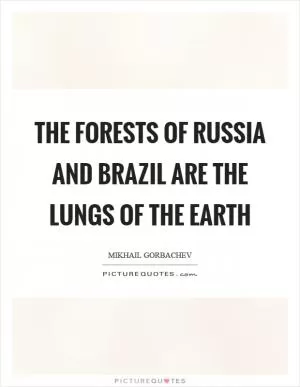
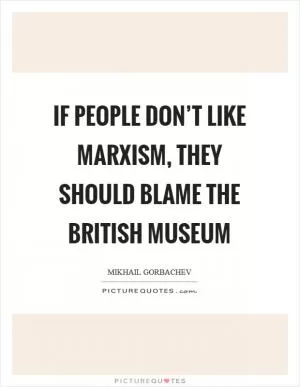
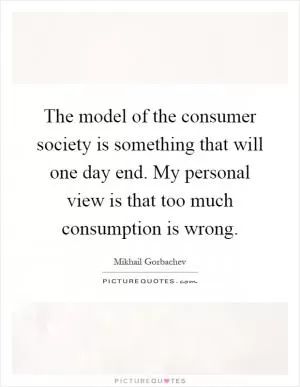
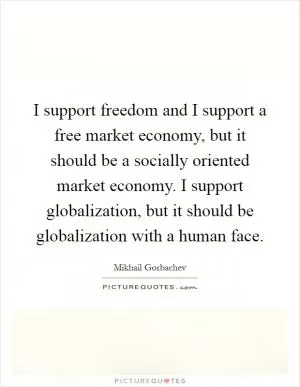
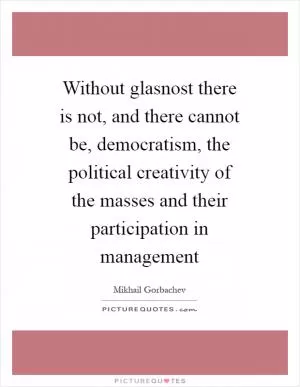

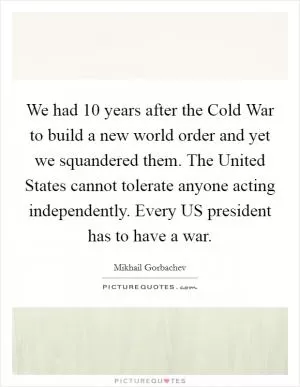
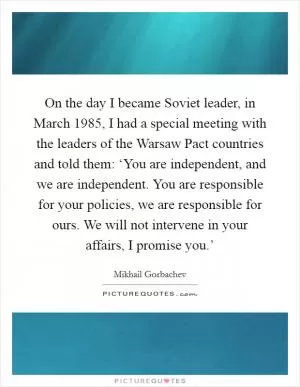
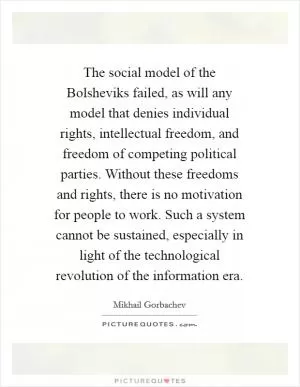
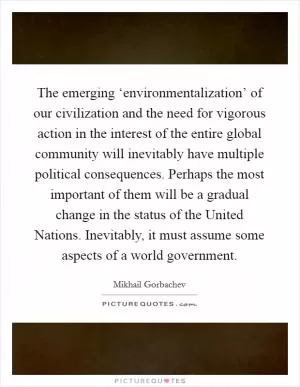
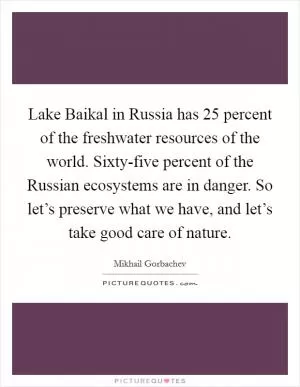
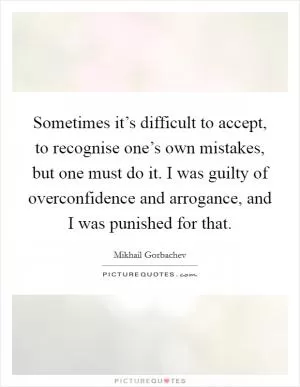
 Friendship Quotes
Friendship Quotes Love Quotes
Love Quotes Life Quotes
Life Quotes Funny Quotes
Funny Quotes Motivational Quotes
Motivational Quotes Inspirational Quotes
Inspirational Quotes